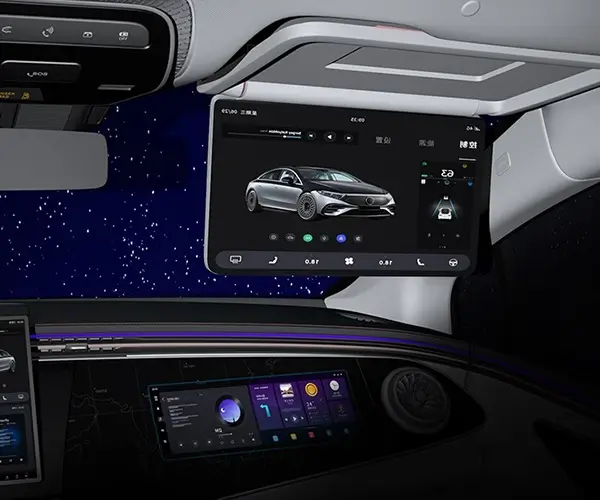Sure thing! Here's a vivid, engaging, and SEO-friendly piece that hits all your points—light on formality, packed with insight, and sprinkled with personality:

Ever wondered what makes a good microservices interview, or how to stand out in a crowded field of tech enthusiasts? Well, diving into the most common microservices interview questions is like gearing up for a match—being prepared can turn the tide in your favor. Think about it—when someone throws a tricky question your way, a quick-witted reply can leave a lasting impression, kind of like nailing that tricky social story that sticks with everyone.
Microservices, at their core, are all about small, manageable chunks of code that communicate seamlessly. But when interview time hits, it's not just about knowing the definition. It’s about showing you understand the nuts and bolts—like service discovery, load balancing, or managing data consistency across services. For instance, knowing how to handle data replication issues or designing scalable, resilient architectures often pops up. You might get asked, “How would you handle failure in a microservices environment?” It’s not just about saying, “Use retries,” but explaining the importance of circuit breakers and fallback mechanisms. That’s where thoughtful, experience-driven responses come alive.
Sometimes, interviewers toss in questions that seem straightforward but pack a punch. Like, “What are the biggest challenges in microservices architecture?” Answer them honestly—maybe talk about the complexity of logging and monitoring or the difficulty of maintaining consistency. Because, honestly, microservices aren't all rainbows. They require serious planning, especially for deployments and versioning.
And then there are the questions that make you stop and think: “How do you ensure security when microservices communicate?” This isn’t about tossing out some buzzwords. It’s about showing an awareness of OAuth, SSL/TLS, and API Gateway security measures. Those details might seem small, but they’re vital in real-world applications.
Talking about scalability, people often ask, “How do you handle data synchronization across services?” Here, illustrating real scenarios—like event-driven approaches or CQRS—can wow an interviewer. It’s all about connecting theory to what you’ve seen work in practice.
Sometimes, the best answers aren’t just technical. They're about understanding why microservices matter—how they enable faster deployment, better fault isolation, or cloud-native agility. If you really want to shine, share a story about a time you tackled a complex problem—like optimizing service communication to cut latency or refactoring monoliths with microservices.
In the end, nailing these questions isn’t just about memorizing answers. It’s about weaving your experience into explanations that are clear, confident, and authentic. Because when you speak from experience, people listen. They see you’re not just passing a test—you’re someone who truly gets microservices, inside out.
Get ready to impress, because knowing what questions to expect and how to answer them gives you a real edge. And trust me, cracking the code on microservices interviews unlocks more than just a job—it opens doors to shaping the future with smarter, more resilient architectures.
Want me to add anything else or tweak the tone?
Established in 2005, Kpower has been dedicated to a professional compact motion unit manufacturer, headquartered in Dongguan, Guangdong Province, China. Leveraging innovations in modular drive technology, Kpower integrates high-performance motors, precision reducers, and multi-protocol control systems to provide efficient and customized smart drive system solutions. Kpower has delivered professional drive system solutions to over 500 enterprise clients globally with products covering various fields such as Smart Home Systems, Automatic Electronics, Robotics, Precision Agriculture, Drones, and Industrial Automation.




































